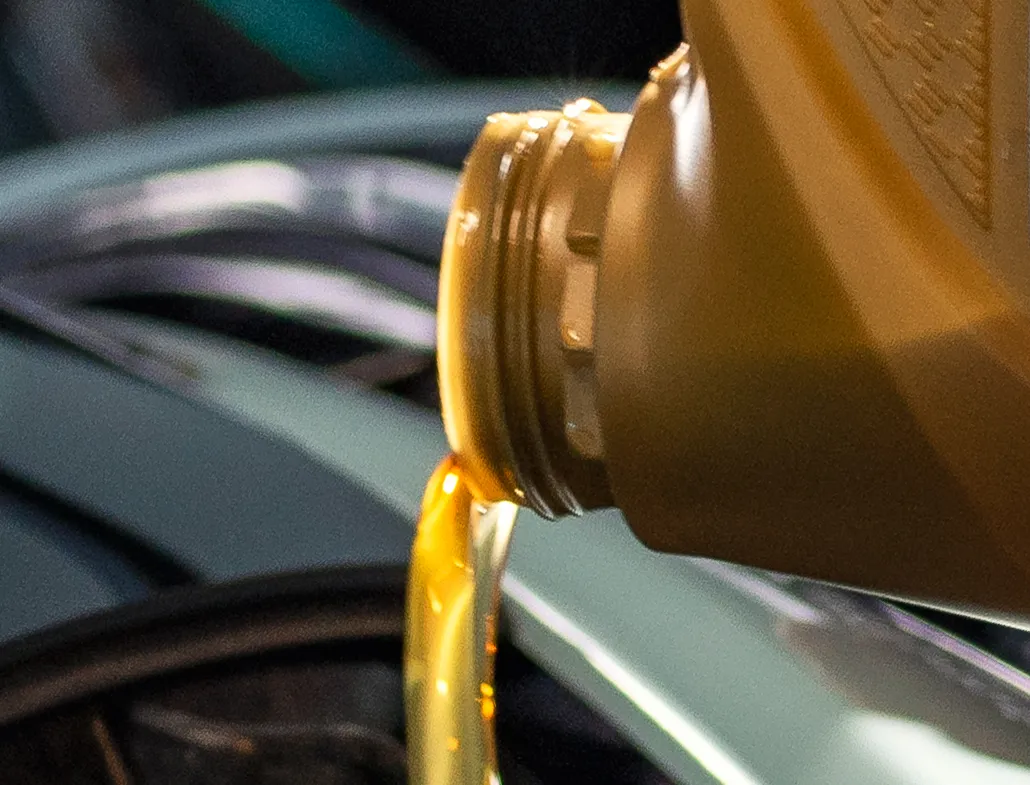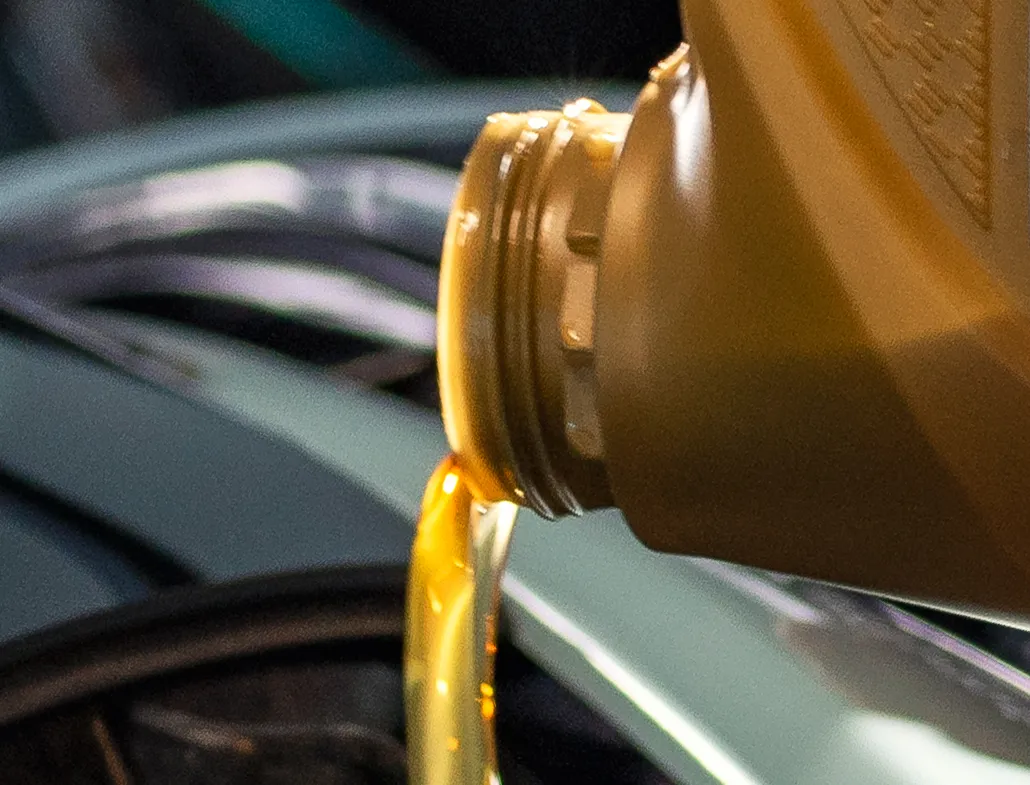
Car Engine Oils
Passenger Car Engine Oil
Every journey begins with trust. Trust that your vehicle will get you from A to B. Gulf understands this and we make it our business to ensure that every journey you take is enjoyable. We also know that all engines are different and there is no one-size-fits-all engine oil. That’s why we’ve designed a wide range of products for different types of cars.
Standard motor oil extends the life of your engine by lubricating, cleaning, cooling and protecting against corrosion. Synthetic oil, however, is created with sustained peak performance in mind. It maintains optimum viscosity and film thickness at both low and high temperatures for better engine protection, resists oxidation for a cleaner engine and a longer oil life. All of this combined provides overall superior performance when compared to mineral oils.
Whatever the situation, Gulf lubricants help make sure that you’re always in safe hands.
Gulf LubricantsKeep You on the Road
A car engine operates at extreme temperatures and contains many moving parts which demand proper lubrication. Improper or inappropriate lubrication can potentially lead to sub-par performance and increased maintenance costs.
We don’t want to see this happen and neither do you. Finding the right motor oil for your car is crucial and we are here to help you choose the one that’s best suited for you.
Gulf Formula
Advanced Full Synthetic Engine Oil
Sustained peak performance is what every true motor enthusiast is chasing. With modern engines getting more compact, more powerful and more efficient every year, they need a lubricant that can keep up. Gulf Formula is that lubricant. An advanced full synthetic oil with its ThermoShield Technology remains stable even under the most stressful, high-temperature conditions. They prevent oil from rapid deterioration to help sustain peak performance.
Gulf Ultrasynth
Full Synthetic Engine Oil
Today’s driving conditions are anything but predictable. With the intense and fluctuating demands of the road, it’s not hard for an engine to rack up wear and tear much sooner than you’d like. To avoid this unfortunate situation, you need our Gulf Ultrasynth lubricant. A fully synthetic oil, Gulf Ultrasynth features Wear-Guard Agents that protect your engine components from wear, delivering harmonised performance and a smooth driving experience.
GULF MAX
High Quality Engine Oil
Your car is built for the long haul and your engine needs to keep up. To do so, you need to ensure the engine is clean and free of the harmful deposits that lead to sluggish performance, reduced efficiency and, ultimately, an engine breakdown. Our Gulf MAX lubricant features Engine Clean Technology that helps prevent the build-up of these harmful engine deposits, leading to a cleaner engine that performs better for longer.




